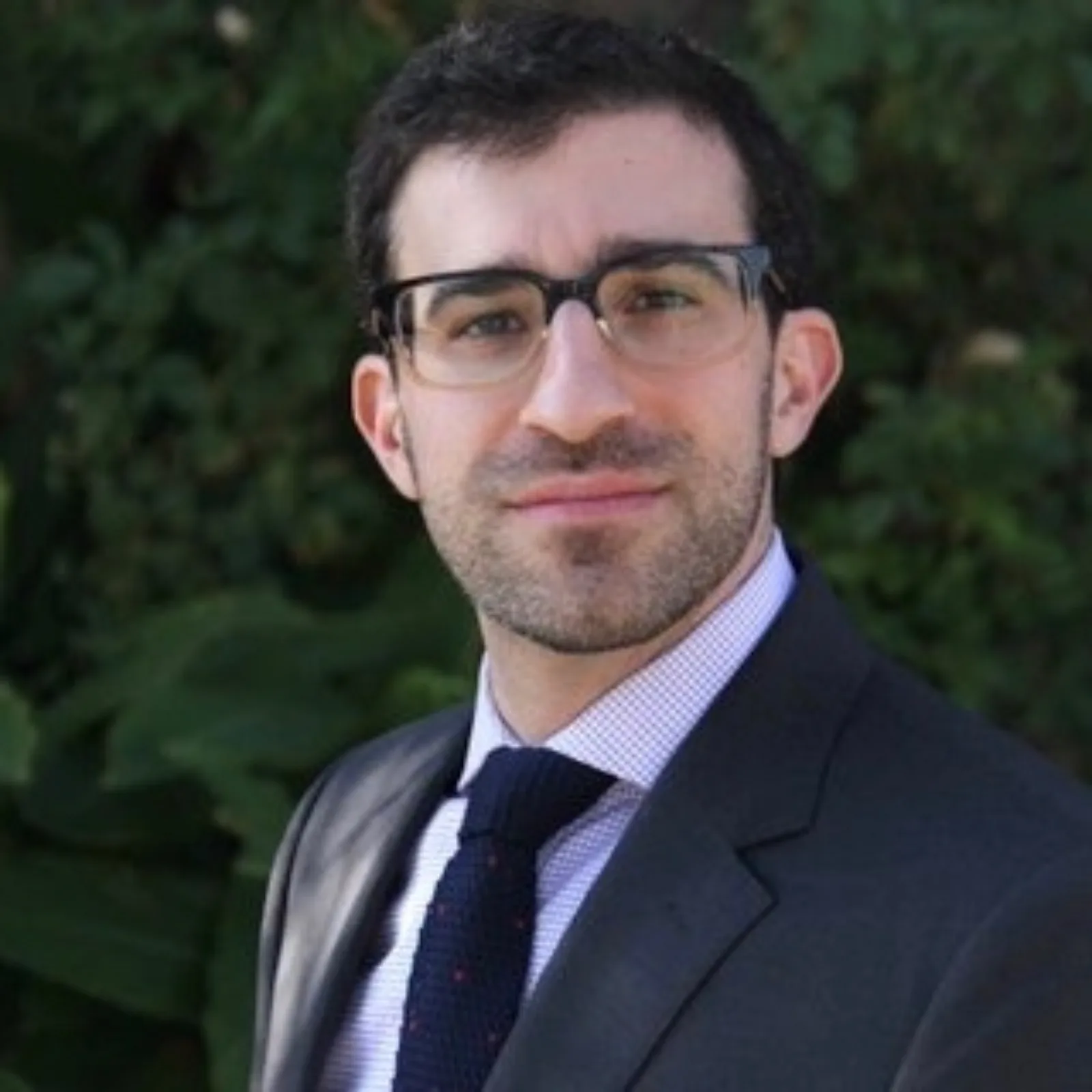“Quarantine in the Prague Ghetto: Plague and Public Health between Jews and Christians in an Early Modern City” Joshua Teplitsky, Stony Brook University
In the summer of 1713, plague swept the city of Prague and its Jewish quarter (home to 11,000 Jewish denizens out of total population of just over 40,000). Just days after the first infections, both the Habsburg monarchy and Jewish communal leader enacted measures of prevention and treatment. While the state provided sick relief to the Christian population of the city but sealed off the Jewish ghetto, Jewish communal leadership was left to fill the void, recruiting and paying barber-surgeons, appointing new charity officers, and naming officials to oversee hospitals and cemeteries. Crisis response and communal mobilization of health care professionals by Jews in early modern Prague invites an exploration of the workings of Jews’ early modern community (kehilla) within the wider civic ecosystem, and that wider system from the vantage point of its limiting cases. Communal plague response both highlighted Jews’ distinction from other denizens of the city but also foregrounded their embeddedness within the spaces and social life of the early modern city. This study—which I am preparing as part of a larger monographic reconstruction of Jewish-Christian interaction during epidemic—draws upon an array of archival and published sources to assess different communal pressures: between individual and collective health, fissions between rich and poor, coordination between the state and Jewish administrators, and the spaces between instruction and compliance especially when that compliance involves following orders and instructions from an often hostile state.
